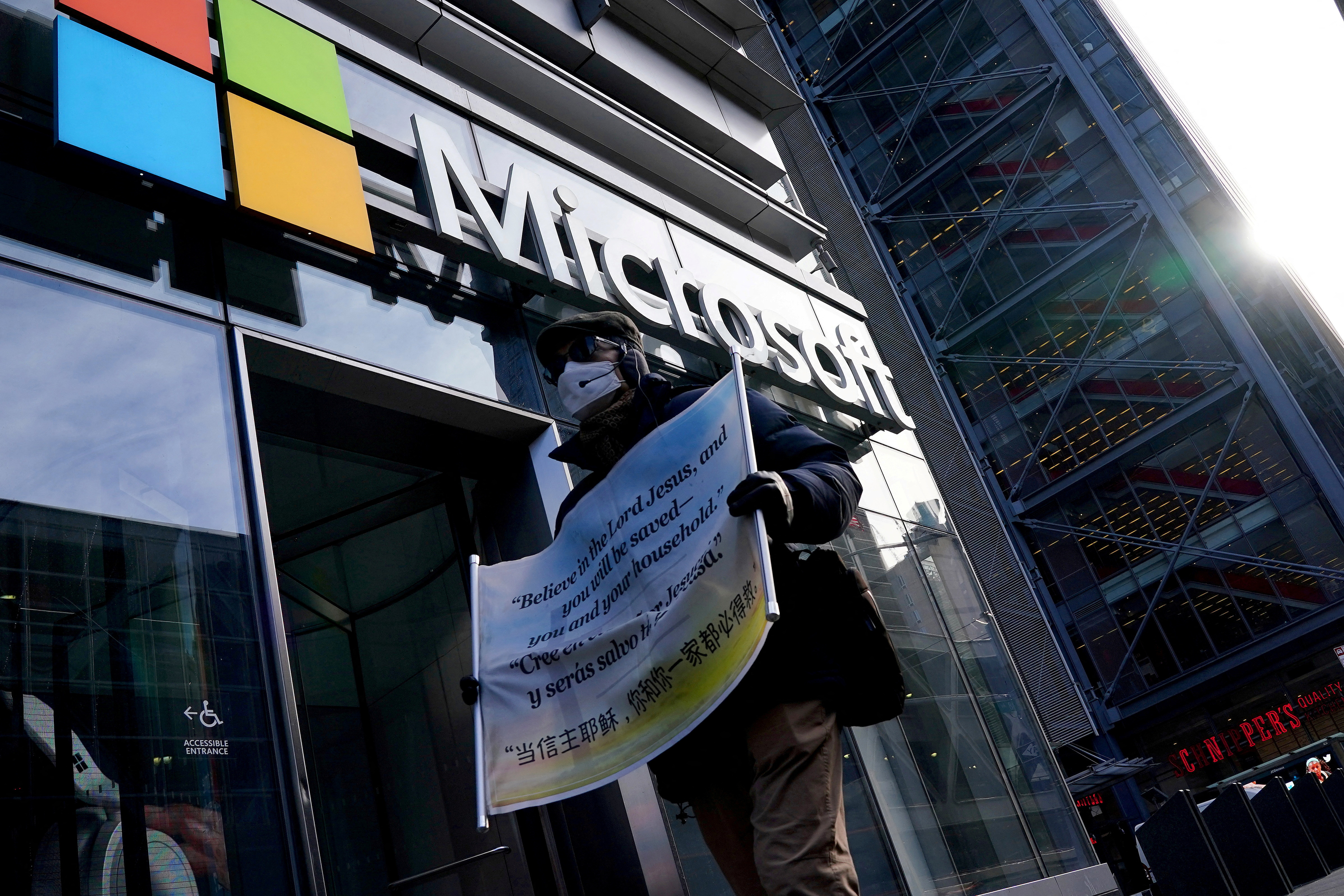US blocks Activision deal with Microsoft
2022.12.10 14:37
US blocks Activision deal with Microsoft
Budrigannews.com – The Biden administration made a move on Thursday to stop Microsoft’s (MSFT.O) $69 billion attempt to buy Activision Blizzard, the company that makes “Call of Duty,” putting a stop to the tech giant’s plans to quickly expand its portfolio of popular games and catch up to bigger competitors.
In January 2022, Microsoft, which owns both the Xbox console and the game network platform, announced that it would acquire Activision for $68.7 billion in the largest acquisition of the gaming industry in history.
Microsoft may have trouble attracting users to its upcoming game subscription service if it does not have Activision and its diverse selection of mobile, console, and PC games. As traditional growth sources like ad sales become less reliable, attracting subscribers has become a priority for large tech companies.
The American software company had stated that it wanted the deal to help it compete with Tencent (0700.HK), the leader in gaming, and Sony (6758.T), which owns PlayStation and has criticized the deal.
However, the Federal Trade Commission, which enforces antitrust laws in the United States, stated in its complaint that Microsoft had a history of hoarding valuable gaming content.
Holly Vedova, director of the FTC’s Bureau of Competition, stated, “Microsoft has already demonstrated that it can and will withhold content from its gaming competitors.” Today, our goal is to prevent Microsoft from acquiring control of a leading independent game studio and using it to harm competition in a number of dynamic and rapidly expanding gaming markets.”
A hearing before an administrative law judge was scheduled by the agency for August 2023.
The company, according to Microsoft President Brad Smith, will fight the FTC. He stated, “We have complete faith in our case and welcome the opportunity to present our case in court, even though we believed in giving peace a chance.”
The Biden administration has pursued antitrust enforcement with greater vigor. The U.S. Division of Equity as of late halted a $2.2 billion consolidation of Penguin Irregular House, the world’s biggest book distributer, and more modest U.S. rival Simon and Schuster.
“This is more proof of the organization’s and the antitrust offices’ conflict against enormous tech,” said Andre Barlow of the law office Doyle, Barlow and Mazard PLLC. Big tech has received a higher priority in antitrust enforcement under the Trump and Biden administrations.
Activision’s stock was down 1.5 percent at $74.76, while Microsoft’s stock was up about 1 percent at $247.40.

Activision, which has long aspired to become a Disney-like entertainment conglomerate, has also realized that it needs more tech know-how and may have to cut back on the number of games it makes in order to put resources into new fields like artificial intelligence.
More Exclusive-Twitter to introduce new controls for ad placements
The FTC expressed concern over the fact that popular Activision games like “World of Warcraft” and “Diablo” would no longer be available on a variety of consoles, PCs, and mobile devices.
Microsoft has offered concessions to address concerns about competition, but the rapid pace of change in the technology and gaming industries may render those conditions obsolete in the long run.
Microsoft unveiled a new set of principles for its app store shortly after the deal was announced, including open access to developers who meet privacy and security standards, to entice regulators.
Microsoft made a 10-year commitment to offer “Call of Duty,” the popular first-person shooter series, to Nintendo (7974.T) platforms this month in another attempt to silence criticism. Sony received the same offer from Microsoft.
William Kovacic, a former FTC chair who now teaches law, stated that when businesses presented a “fix” for antitrust harms caused by a deal, antitrust challenges have failed.
Kovacic stated, “I think we can predict with a high degree of certainty that he (the judge) will listen to those arguments (from Microsoft) and may be sympathetic to it.” He was referring to the judge’s decision.
The complaint was approved by Chair Lina Khan and the two Democrats on the commission, while Republican Commissioner Christine Wilson voted against it.
On Thursday, Activision Blizzard CEO Bobby Kotick assured employees that the deal would proceed.
He stated to the employees, “The allegation that this deal is anti-competitive doesn’t align with the facts, and we believe we’ll win this challenge,” asserting that he believed the businesses’ arguments would prevail “despite a regulatory environment focused on ideology and misconceptions about the tech industry.”
The arrangement additionally faces administrative headwinds in Europe.
According to people familiar with the situation, Microsoft was anticipated to offer remedies to EU antitrust regulators by the end of November in order to avert formal objections to the deal in the coming weeks. A statement of objection, or formal list of competition-related concerns, is due to the European Commission in January.








